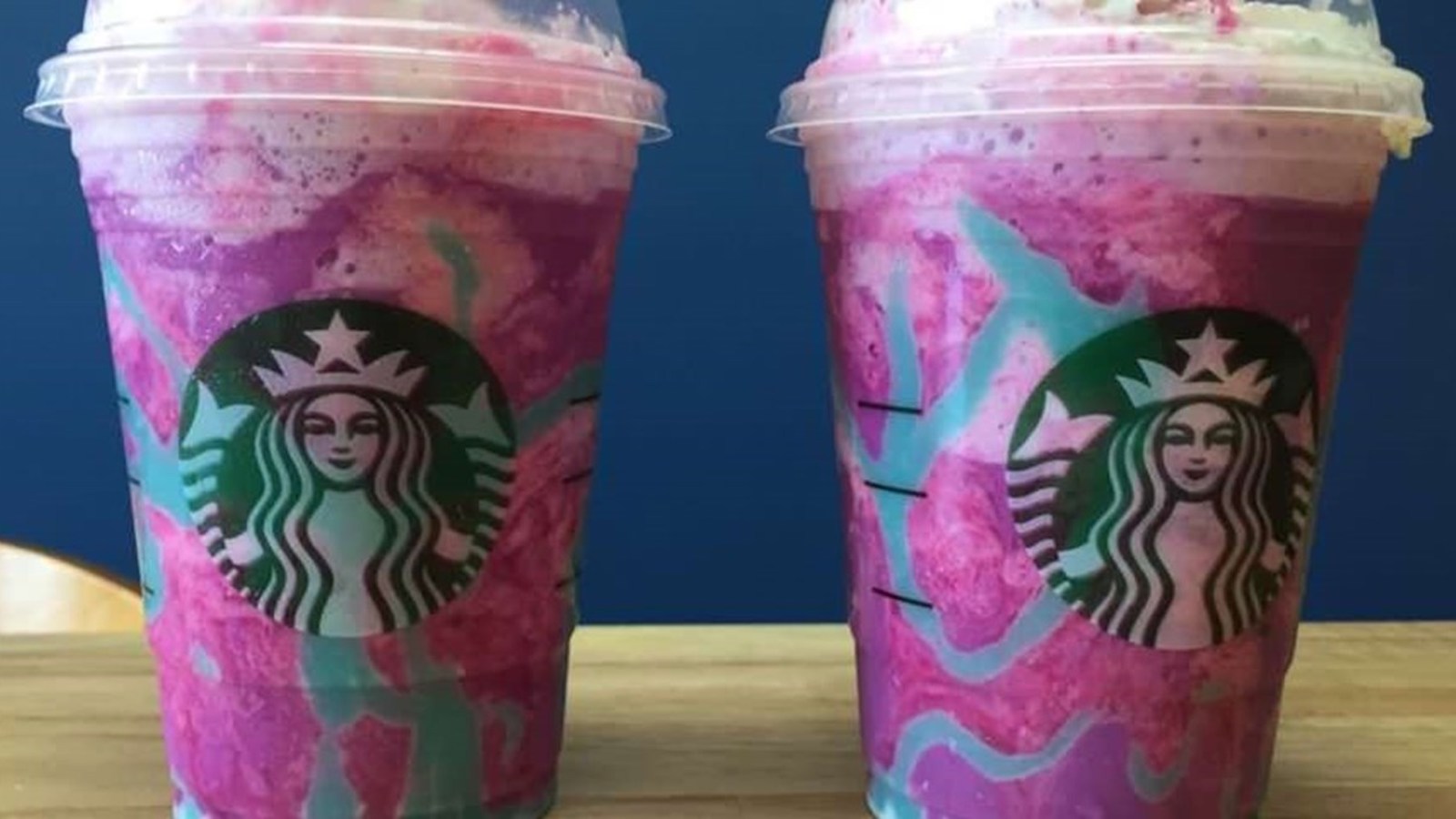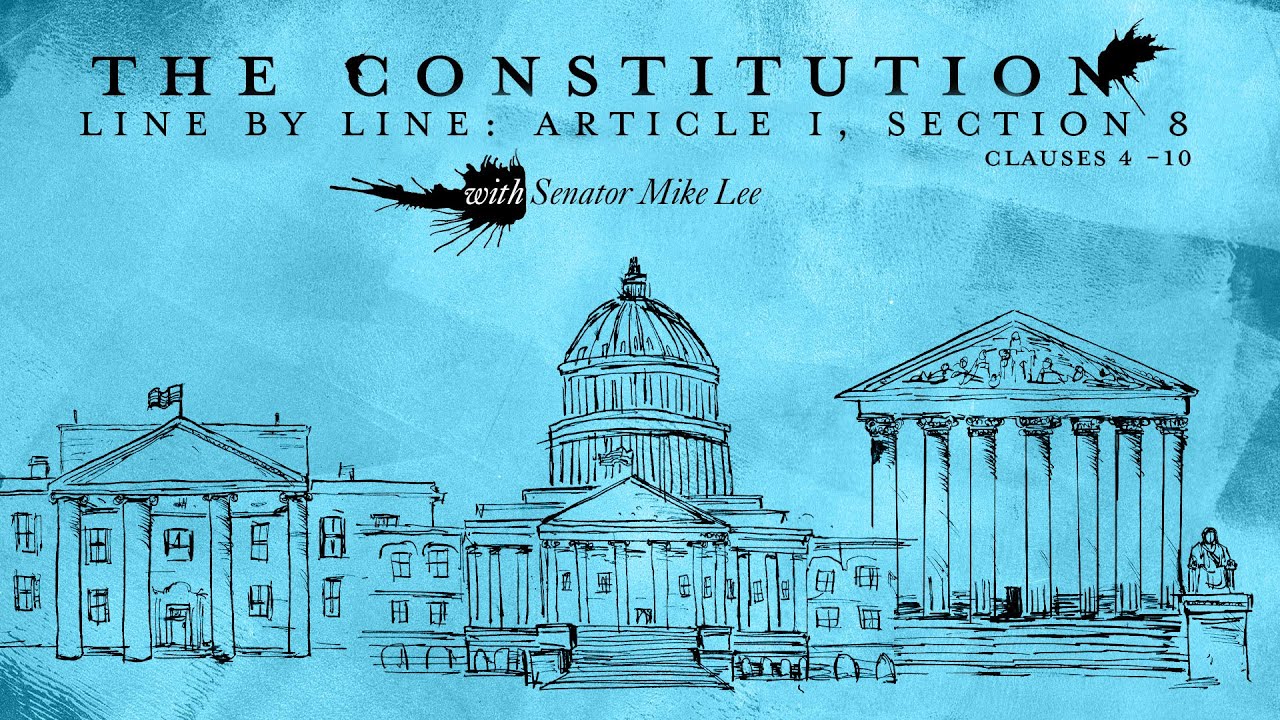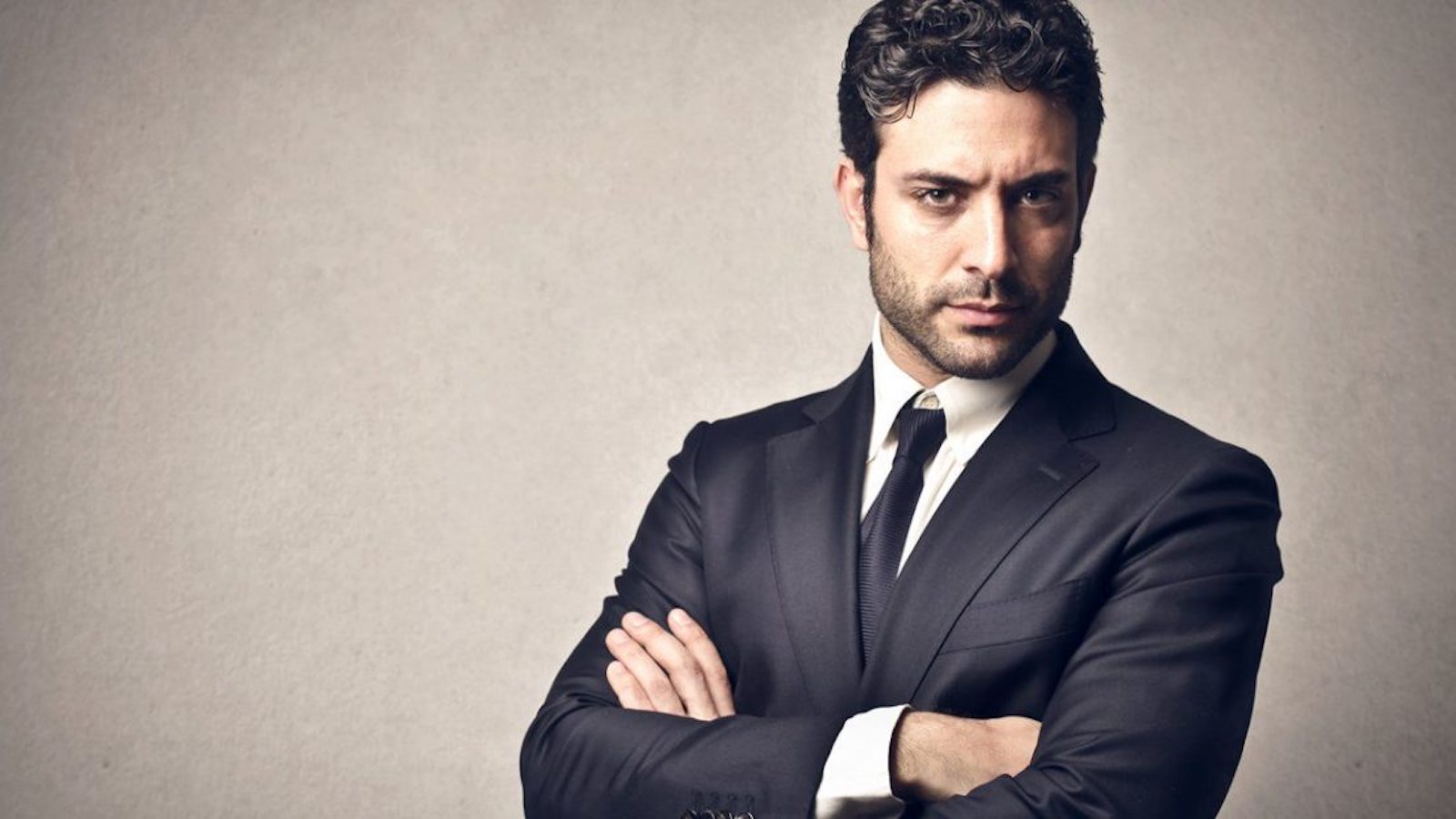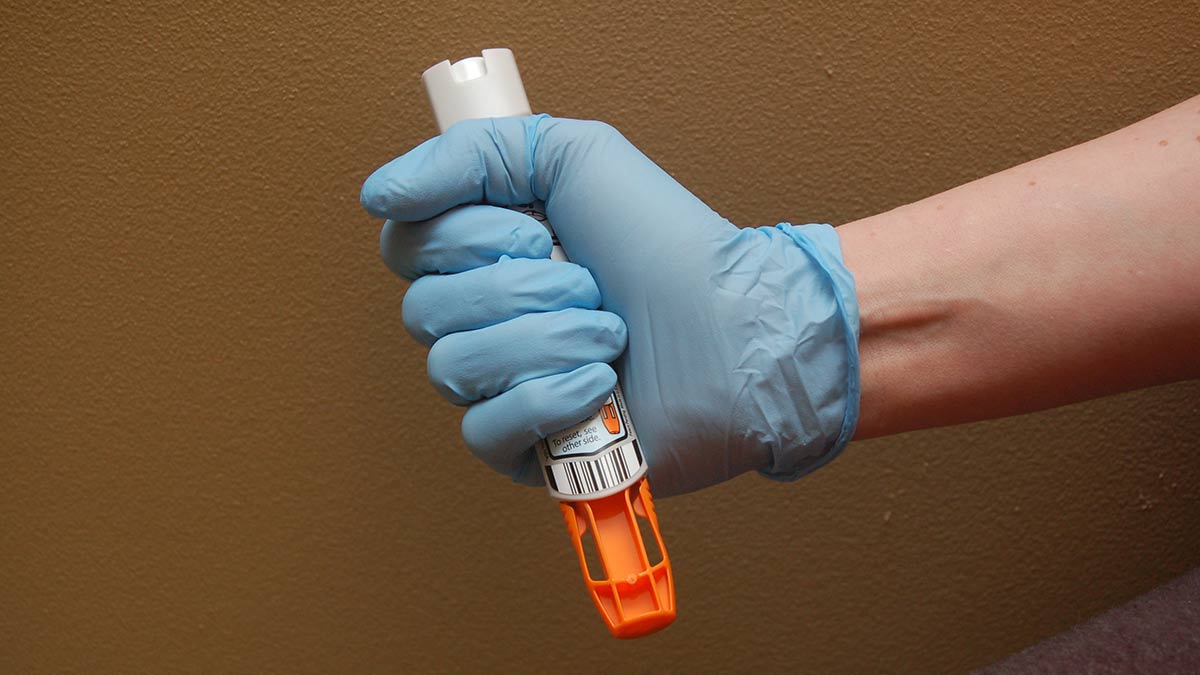
Starbucks Didn’t Steal Anybody’s Unicorn
Have you heard about Starbucks’ Unicorn Frappuccino, the brightly-colored, staggeringly sweet treat that earned the coffee chain headlines (both positive and negative) over the last couple of weeks? I bet you have.
Now another question, have you heard of the Unicorn Latte, a supposedly healthy beverage sold by a cafe in Brooklyn called The End? I’m guessing for most people, it’s a no. Outraged by this disparity in attention, the cafe owners are claiming that Starbucks “stole” their drink idea and are demanding a public apology and unspecified damages.
Thus we enter the thorny realms of intellectual property. The End is seeking a trademark on the name Unicorn Latte, under the assumption that because they thought of it first, no one else should be allowed to use it. Under that logic, they’d better hope the estate of Jim Morrison doesn’t get wind of their cafe’s name, or they could be facing a lawsuit of their own.
For those inclined to sympathize with the independent business over the megacorporation, first consider this question: What did Starbucks do wrong, or to put it another way, how would the fortunes of the Unicorn Latte retailer be different if Starbucks had never introduced its own version?
A World Without Unicorn Frapps
The alleged victim of intellectual property theft always claims that something has been taken from them, that they have been robbed of an opportunity, that they have been cheated out of what is rightly theirs. It seems like a persuasive claim at first. If someone is making money off your idea, then isn’t that money rightfully yours? But if you follow this line of thinking logically, it turns out not to make much sense.
Let’s imagine for a moment (if we dare) a world without the Unicorn Frappuccino. People wanting a drink with Unicorn in the name have no option but the Unicorn Latte. How much would the Brooklyn cafe really benefit from this situation?
First of all, the absence of Starbucks wouldn’t create more awareness of the Unicorn Latte. In fact, it would create less. The only reason you’re reading about the Unicorn Latte now is because of Starbucks. And whereas now, you might seek it out to try it, you never would have before.
Second, the drinks makers admit that it is totally dissimilar from the Unicorn Frappuccino in all but name. One is a sugar bomb, the other is a healthy alternative. Who are these imaginary consumers who are switching their patronage not only to another business, but to a completely different product solely based on the name?
Third, Starbucks has locations on pretty much every street in the United States. The Unicorn Latte is available in exactly one place. A customer in Seattle, unable to get a Unicorn Frappuccino, is not going to fly to Brooklyn to buy a completely different drink with a similar name, so the presence of Starbucks in other parts of the country is not harming The End.
No Loss
It’s difficult to see how The End would have lost a single customer on account of Starbucks’ actions. It’s difficult to imagine a situation in which they would have made more money absent the Starbucks novelty beverage. So what is the claim for “damages” based on, when there has been no measurable damage, and when in fact the publicity will probably gain them more business rather than less?
This thought experiment reveals the ugly truth about intellectual property claims. They are less often about seeking justice, and more often about seeking rents from successful businesses, restricting competition, and preserving monopoly power.
Who among us has not seen a successful business implementing an idea we thought of in the shower and cried “they stole my idea”?
But without logistics, capital, or even realistic motivation, we all know that we never would have actually profited off these half-baked musings. Anyone can have an idea; actually carrying it out in a profitable way is what takes real talent. Those who lack that talent just want to seize a piece of the pie using the legal system, because it’s easier than actually working for a living.
Starbucks didn’t steal from anybody, nor did they harm any small businesses by offering a product that people wanted to buy. And while unicorns may remain magical and elusive, the trolls who want to mooch off other people’s earnings are as numerous as ever.
This article originally appeared on FEE.
Free the People publishes opinion-based articles from contributing writers. The opinions and ideas expressed do not always reflect the opinions and ideas that Free the People endorses. We believe in free speech, and in providing a platform for open dialogue. Feel free to leave a comment.



